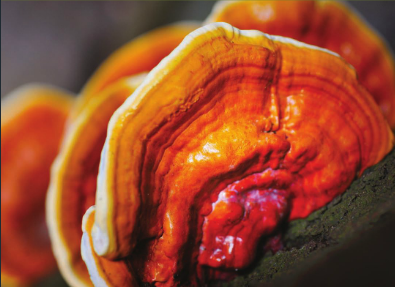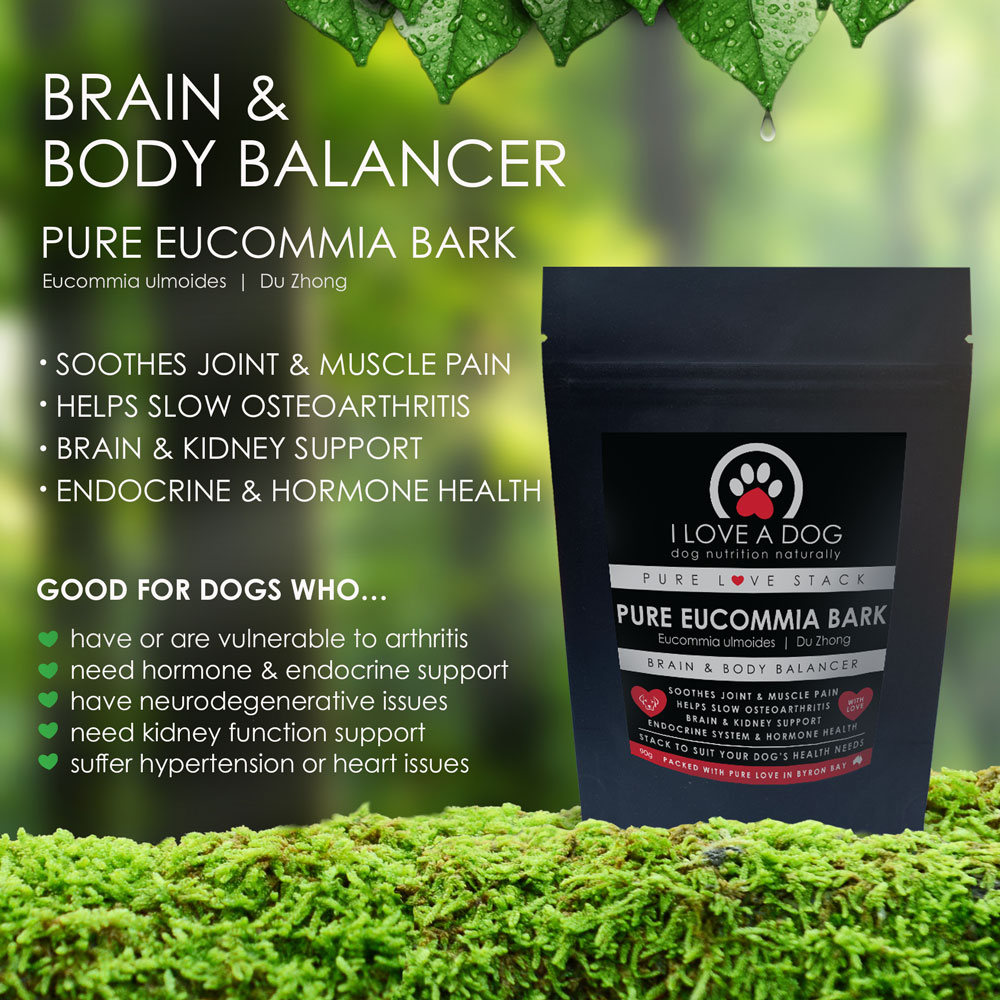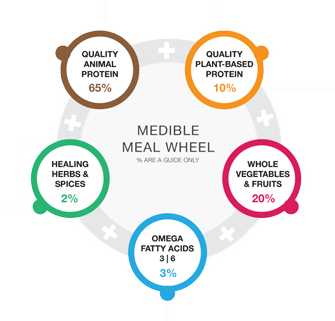Medicinal Mushrooms
Experts Say…
Medicinal mushrooms have been approved, effective and safe adjuncts to standard cancer treatments, including radiation and chemotherapy, in Japan and China for more than 30 years
Experts Say…
Medicinal mushrooms have been approved, effective and safe adjuncts to standard cancer treatments, including radiation and chemotherapy, in Japan and China for more than 30 years

- 10 times the Vitamin A of Carrots
- 12 times the Vitamin C of Oranges
- 17 times the Calcium of Milk
- 15 times the Potassium of Bananas
- 25 times the Iron of Spinach
- 9 times the Protein of Yogurt
Numerous clinical and anecdotal studies have shown many types of medicinal mushrooms to indicate anti-cancer benefits in various contexts, both as an individual supplement or adjuvant therapy to chemotherapy and radiation treatment. They have been recognised for their medicinal and nutritional value for many centuries in many traditional medicines, and are more recently holding up in modern research labs as having immunity boosting and anti-tumoural properties. They have been a common inclusion in cancer treatments in Japan and China for decades.
Mushrooms such as chaga, reishi, cordyceps, shiitake, turkey tail and maitake are most commonly referred to in the literature as having the most effective and promising results. They are each fascinating and powerful in their own right and many consider mushrooms to be nature’s pharmacy.
While it’s important to acknowledge that there is debate as to their effectiveness in strict clinical frameworks, I found the literature was overwhelmingly positive, promising and credible. Given they are a common nutraceutical available for inclusion in general health regimes I saw no risk in incorporating them into Ruby’s recovery regimen immediately.
My Approach to Dosage
The first medicinal mushrooms I was introduced to with reported anti-cancer benefits were red reishi (Ganoderma Lucidum), and cordyceps (Cordyceps sinensis – aka caterpillar fungus).
In the first week’s after Ruby’s diagnosis I incorporated reishi mushroom in to her meals and as my ongoing research identified many other promising and exciting medicinal mushrooms I visited a local naturopath who introduced me to a practitioner-only nutraceutical blend of 7 medicinal mushrooms and vitamin D3 from Bioceuticals. The mushrooms included in this blend are cordyceps, reishi, maitake, shiitake, turkey tail, and zhu ling and fu ling. I added this to her meals as well as the reishi.
While my use of specific mushrooms and blends did vary over the almost 3 years post Ruby’s diagnosis, they were among the top three elements that I gave her most consistently.
The more I read the research and saw Ruby’s positive results over the years, the more in agreement I was with those espousing the therapeutic powers of various medicinal mushrooms; so much so that I now include various medicinal mushrooms in my own daily health regimen for immunity boosting, anti-aging benefits and brain performance.
What Makes a Good Medicinal Mushroom?
Like all natural medicines, the potency of medicinal mushrooms varies depending on their source, their method of manufacturing and the consistency and amount of dosage.
I always used high quality, human grade mushroom extracts in powdered form that I could easily add into her meals.
Mushroom potencies are measured by a ratio of the strength the extract has compared to a single mushroom. A good average is at least 10:1.
I found out later in my exploration of medicinal mushrooms that many mushrooms are now grown in labs, on grain or wood chips under lights – even if they are labelled ‘organic’. This caused me some confusion and concern as to what was the best medicinal method as compared to a marketing con.
After much research and discussion with experts, I have come to appreciate that, while lab-grown mushrooms may have clarity and confirmed potency worthy of the therapeutic claims, I am more drawn to those that are ‘wild-crafted’, meaning they are grown in their natural environment in natural timing and elements. I think nature’s medicine is best created by nature. I may be proven wrong down the track, or come to realise that this too can be marred by marketing claims, but in principle I now work with mushrooms that are ‘wild-crafted’ and of high potency.
This is an fascinating area of natural medicine and indeed human evolution. I am sure there is much more for me to learn but I have no doubt that my confidence in the benefits of medicinal mushrooms will only continue to grow.
I offer this information to assist you to
boost your dog’s nutrition and health as quickly as you can.
It is not medical advice but is the result of deep research.
Please discuss with your holistic vet.
Good luck and keep shining bright. Love, Donna x
Popular Medicinal Mushrooms
RED REISHI | TURKEY TAIL | CORDYCEPS | CHAGA | SHIITAKE | MAITAKE
Recipes
Some Reading
Some Research
Medicinal Mushrooms PDQ – PubMed Health, US National Library of Medicine 2016. This is a PDQ (Physician Data Query) cancer information summary for health professionals which “provides comprehensive, peer-reviewed, evidence-based information about the use of medicinal mushrooms in the treatment of people with cancer”. It looks at research around turkey tail and reishi with regard to a selection of cancers.
Recent developments in mushrooms as anti-cancer therapeutics: a review – PubMed 2012. This review of the anti-cancer performance of mushrooms states “various research groups across the globe, regarding anti-tumour application of mushroom extracts unarguably make it a fast-track research area worth mass attention”. It notes numerous mushroom types as having anti-cancer effects and further potential.
Medicinal Mushrooms: Ancient Remedies Meet Modern Science – Integrative Medicine: A Clinician’s Journal 2014 (PubMed). Co-authored by Paul Stamets, a luminary in the medicinal mushroom field, this paper is a succinct discussion of the therapeutic powers of various mushrooms but also introduces the significance of mycelium, the organic, underground mat from which they not only rise but are interconnected with each other and the surrounding environment. Mycelium is also increasingly being recognised for its unique and extensive therapeutic value. It notes that modern science is catching up to recognise that we live in and are born of an ecosystem and that understanding opens new approaches to medicine and our appreciation of evolutionary advantages available to us.
Immune Modulation From Five Major Mushrooms: Application to Integrative Oncology – Mushrooms and Integrative Oncology, Integrative Medicine, Vol 13, 2014. This review looked at the immunological roles of 5 major mushrooms in oncology: garicus blazei, Cordyceps sinensis, Grifola frondosa, Ganoderma lucidum, and Trametes versicolor. It looks at how these mushrooms modify cytokines in specific cancer models, their direct effect on cancer, and an analysis of how they interact with chemotherapeutic agents. It notes “an abundance of in-vitro evidence exist that elucidates (their) anticancer immunological mechanisms”.
Medicinal mushrooms as a source of anti-tumour and immunomodulating polysaccharides – Applied Microbiology and Biotechnology, Vol 60, 2002. “The number of mushrooms on Earth is estimated at 140,000, yet maybe only 10% (approximately 14,000 named species) are known. Mushrooms comprise a vast and yet largely untapped source of powerful new pharmaceutical products. In particular, and most importantly for modern medicine, they represent an unlimited source of polysaccharides with anti-tumour and immunostimulating properties.”
Anticancer and antimetastatic effects of cordycepin, an active component of Cordyceps sinensis – Journal of Pharmacological Sciences, Vol 127, Jan 2015. This paper looked at the anti-cancer and anti-metastatic properties of a water extract of Cordyceps in several in-vitro experiments with extremely positive results.
Medicinal mushrooms in adjuvant cancer therapies: an approach to anticancer effects and presumed mechanisms of action – Nutrire 2017. This is “a literature review of studies that analyze positive impacts of mushroom compounds on cancer treatment due to their antitumor and anticarcinogenic effects and possible compatibility with chemotherapy management. The review indicates that a healthy diet with frequent consumption of mushrooms apparently reduces the risk of developing cancer.” As with many reviews they recommend further double-blind, placebo clinical studies to verify the extensive positive results.
More ingredients to fight cancer
Please Note:
The information on this website is presented for educational purposes only. It is not intended as a substitute for the diagnosis, treatment, or advice of a qualified, licensed medical professional. The facts presented are offered as information only, not medical advice, and in no way should anyone infer that we are practicing medicine. Seek the advice of a medical professional for proper application of this material to any specific situation.
No statement on this website has been evaluated by the Therapeutic Goods Association or the Australian Pesticides and Veterinary Medicine Authority. Any product mentioned or described on this website is not intended to diagnose, treat, cure, or prevent any disease. We recommend that you do your own independent research before purchasing anything. However, we bring this information to you in good faith, after lots of research, with an open heart and good healing vibes. Our mission is to help you and your dog. Feel free to get in touch. Wishing you both much health, happiness and belly rubs.























